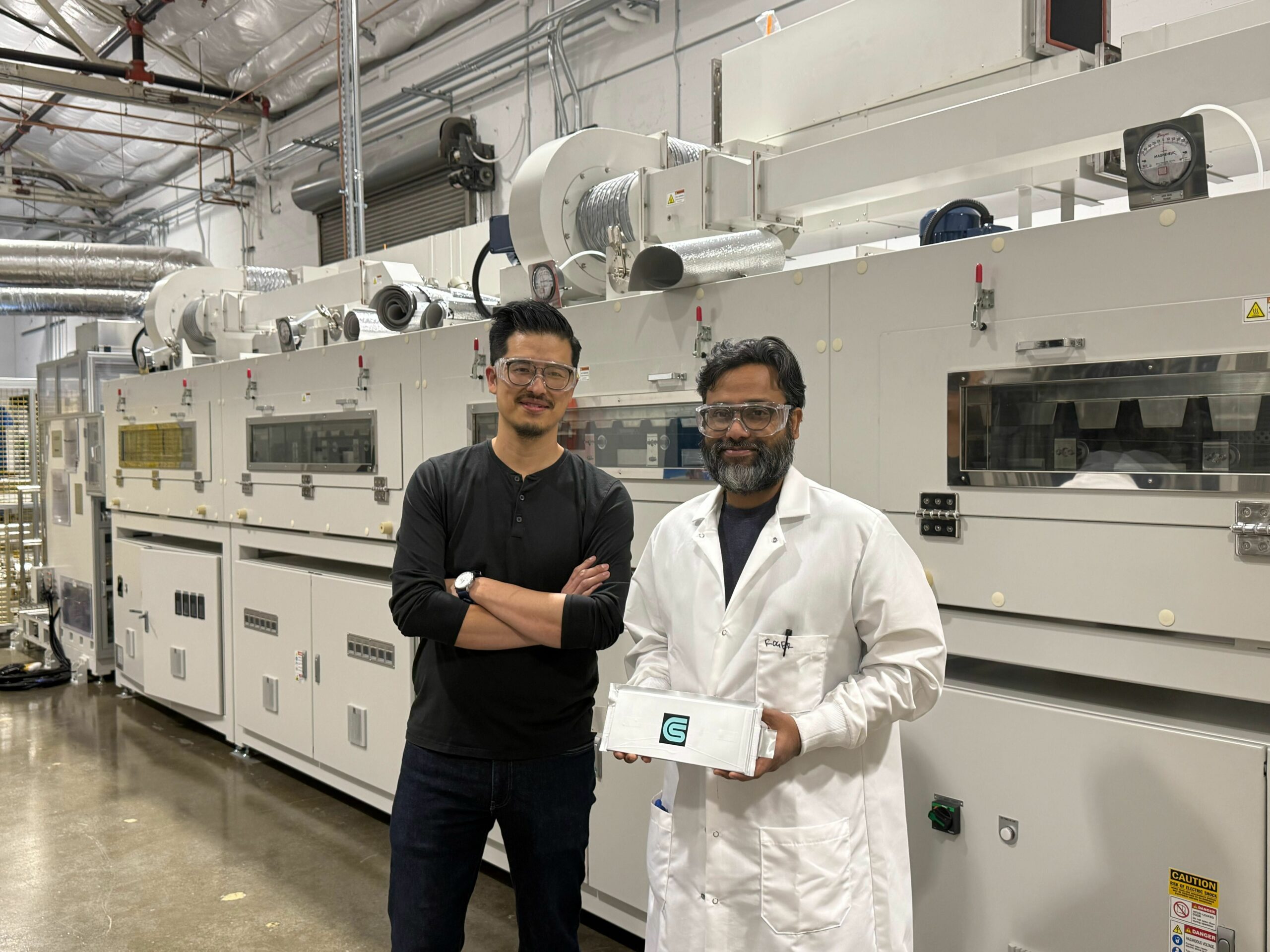Climate Insider Brief:
- Chris Shanahan emphasizes the importance of getting started immediately in building sustainable supply chains.
- He underscores the need for companies to be adaptable, continually reassessing and evolving their supply chain strategies to navigate the dynamic landscape of sustainability.
- Shanahan highlights the crucial role of information-sharing in fostering collaboration and transparency across the supply chain.
Among many thought provoking talks and discussions at Sustainability Live, Climate Insider team attended a discussion titled “Empowering Sustainable Supply Chains” delivered by Chris Shanahan, VP Global Sustainability Supply Chain at Thermo Fisher Scientific. Shanahan’s pragmatic approach on empowering sustainable supply chains shed light on the practical steps businesses can take to achieve a positive return on investment (ROI) while navigating the evolving landscape of sustainability.
The essence of Shanahan’s message can be distilled into a few key points: initiation, adaptation, information-sharing, and the importance of viewing challenges as opportunities. According to Shanahan, getting started is crucial, and he emphasised that there are actionable steps companies can take immediately to yield tangible results.
Adaptation remained a recurring theme in Shanahan’s talk. He urged businesses to be flexible in their choices and to reassess their supply chains continually. The need to adapt extends beyond internal operations to the broader industry, as evidenced by Shanahan’s emphasis on the importance of establishing standards moving forward.

One intriguing question Shanahan posed was whether there is too much reliance on technology in the pursuit of sustainable supply chains. Instead of providing a definitive answer, he presented it as an opportunity for exploration and strategic thinking. His measured approach encouraged the audience to carefully consider their business models and value propositions when contemplating adaptation.
Shanahan highlighted the significance of information-sharing in the journey towards sustainability. He stressed that businesses must be willing to share information, fostering collaboration and transparency across the supply chain. This openness, according to Shanahan, is essential for creating industry-wide standards and facilitating the necessary changes to address sustainability challenges effectively.
Regulation, Shanahan predicted, will play a pivotal role in shaping the future of supply chain sustainability. He highlighted that regulations will force businesses to reevaluate their practices and adapt to a changing landscape. While acknowledging the challenges associated with regulatory changes, Shanahan urged the audience to view them as catalysts for positive transformation.
In contemplating the immediate future of supply chain sustainability, Shanahan acknowledged the rapid shift in discourse over the past 18 months. He emphasised the growing need for information sharing, indicating that this shift has become a critical component of sustainability discussions. Shanahan encouraged businesses to adopt a forward-thinking mindset, recognizing that every challenge presents an opportunity for improvement.
To stay informed about the climate industry explore our latest climate tech news.
Featured Image: Credit: Sustainability Magazine








